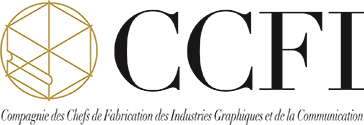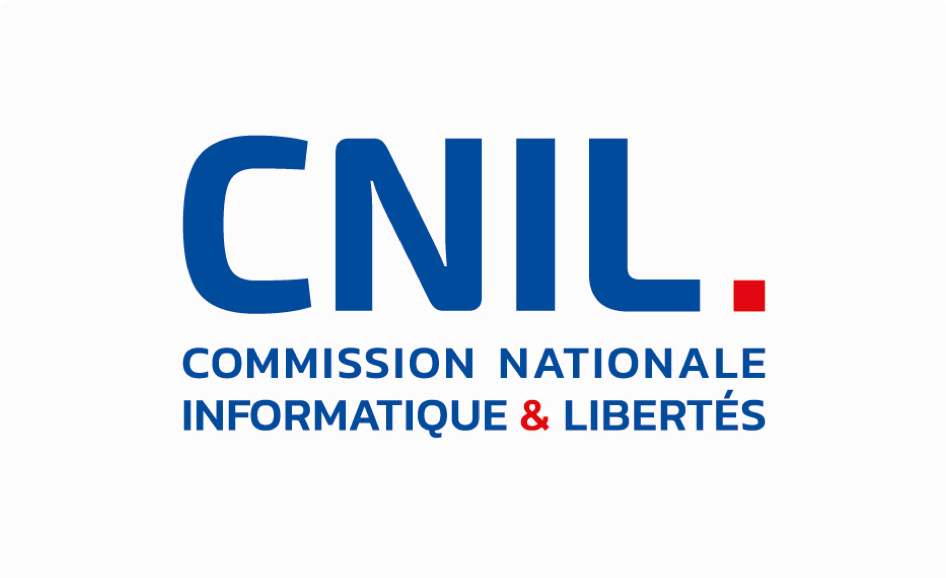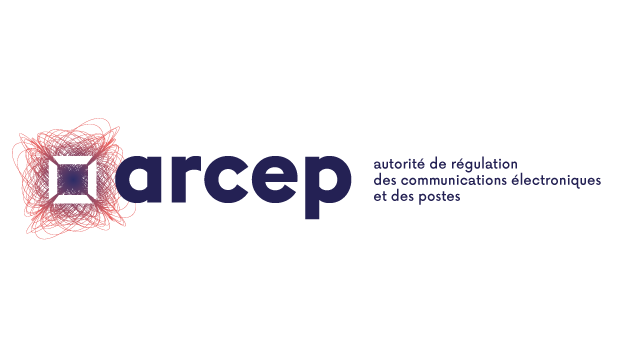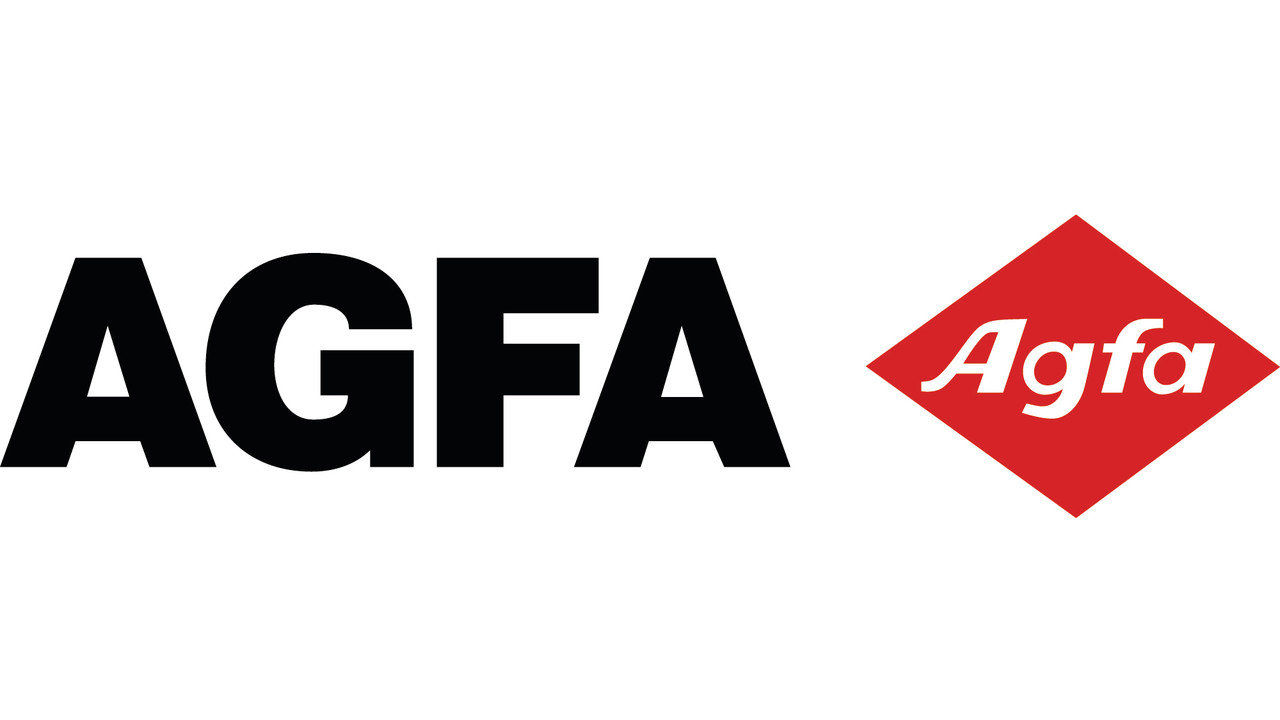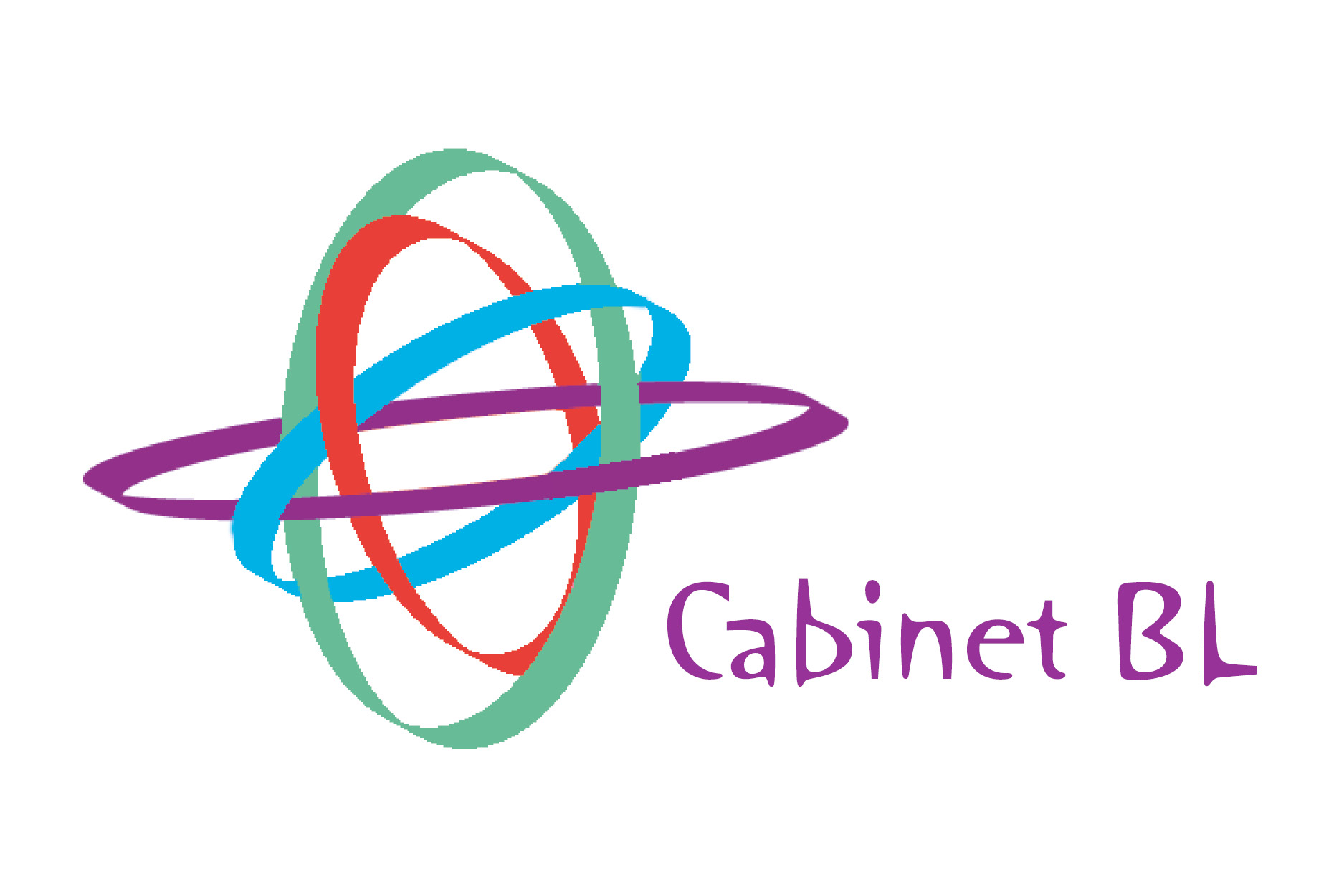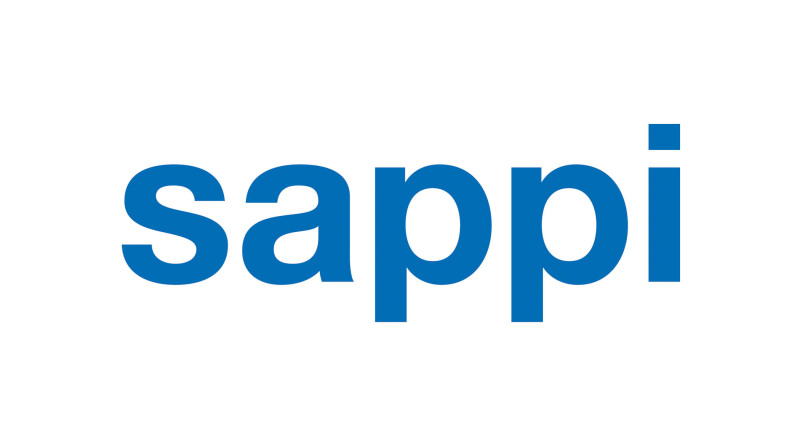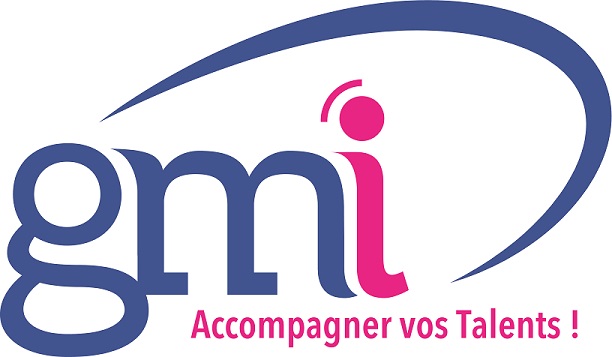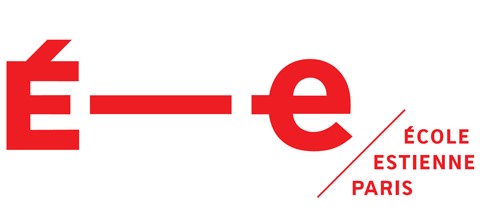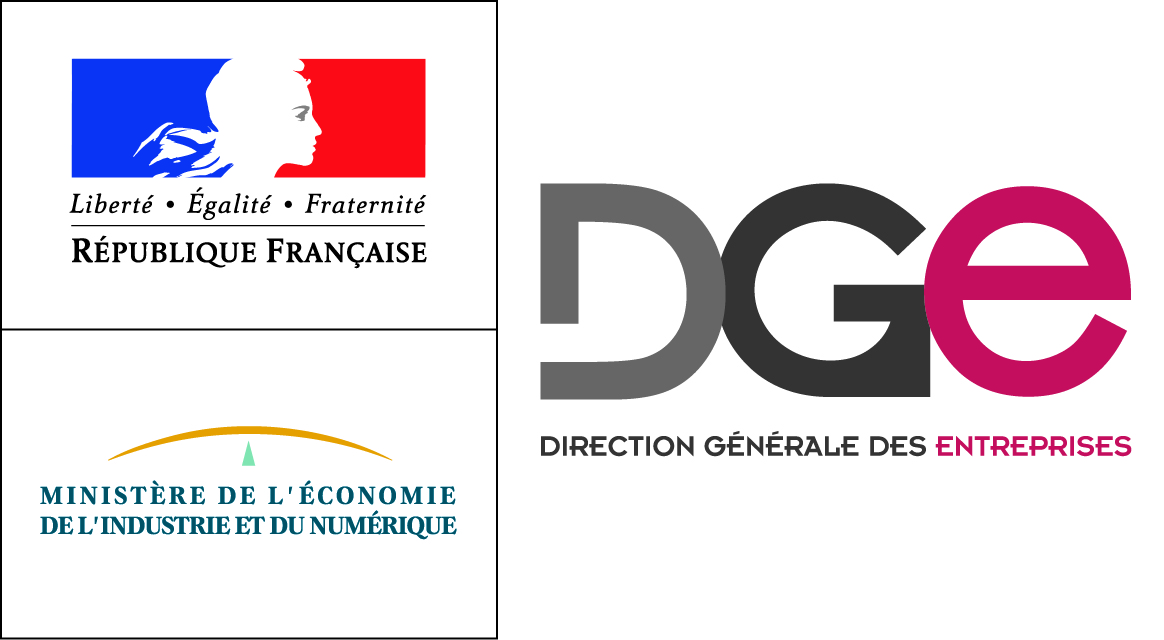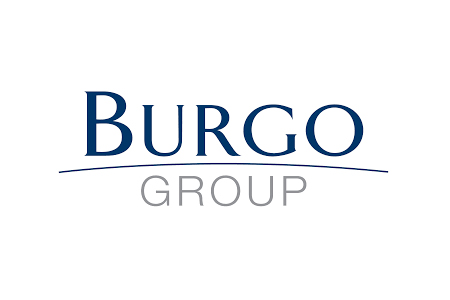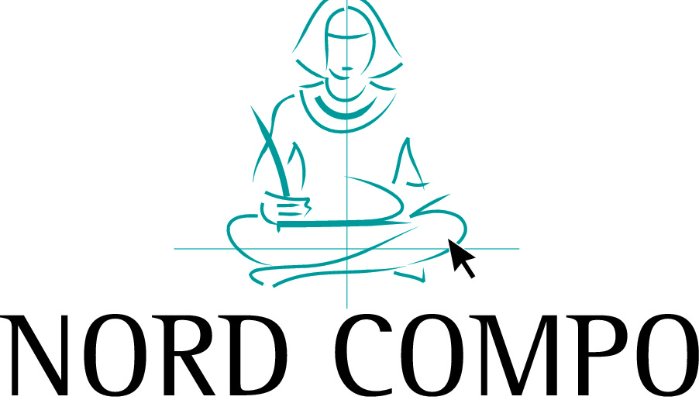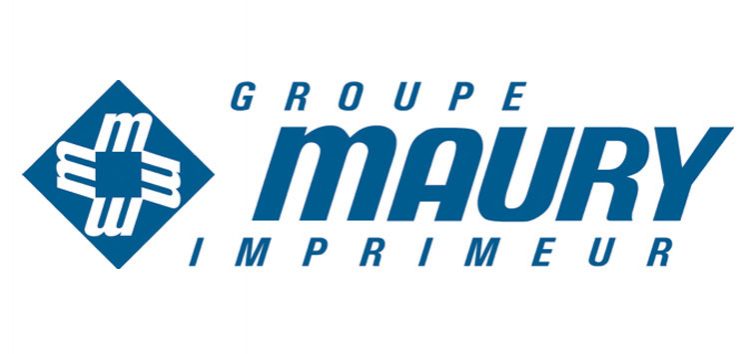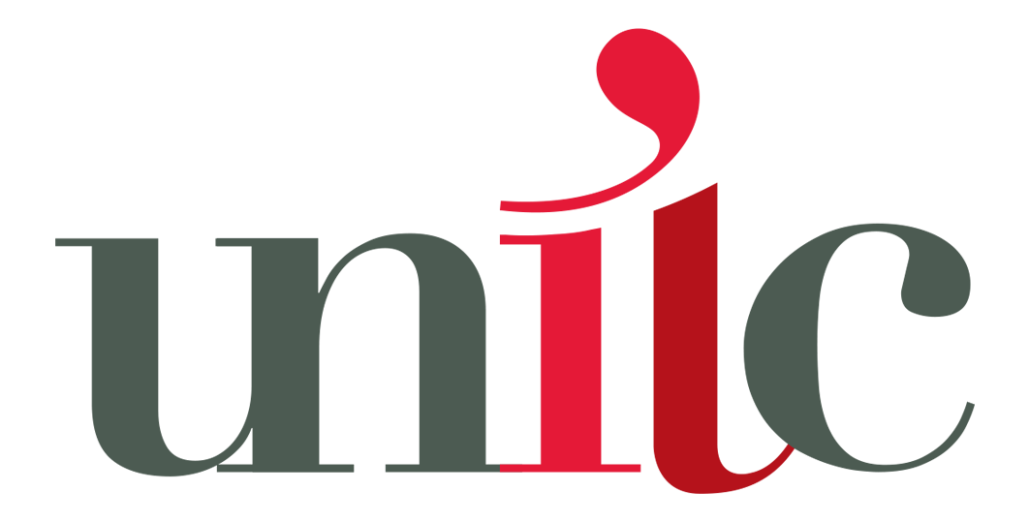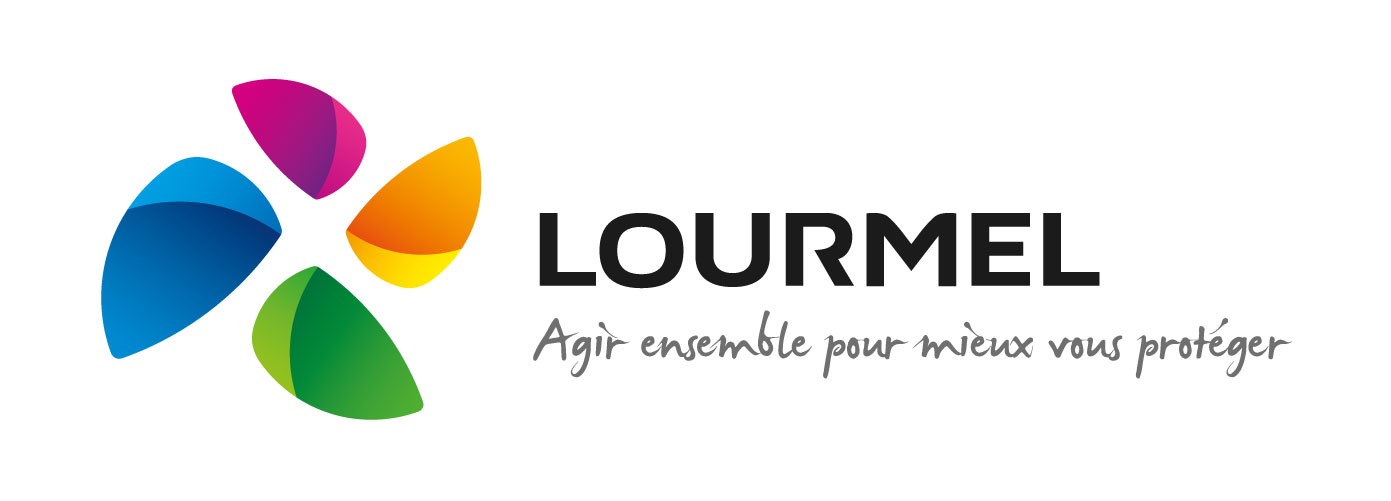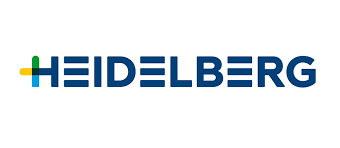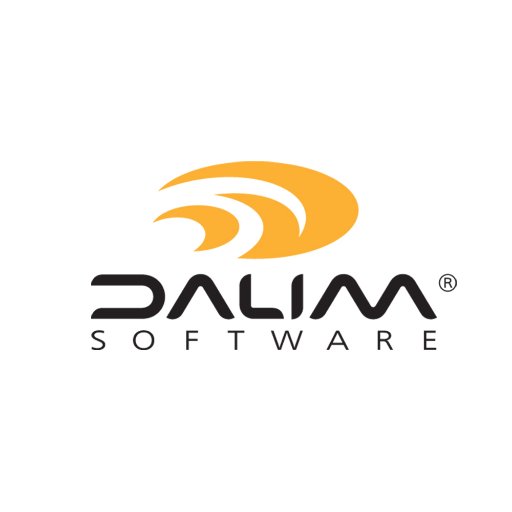Résultat : 45 % de trafic en moins pour les éditeurs.
Now is the time to fix the EU copyright directive
In the next few days, European legislators meet to decide on a final text of the European Copyright Directive. We continue to support updating copyright legislation for the digital age. With the right rules, content creators, right holders, consumers, and platforms all benefit. The draft text continues to generate debate—and we have shared our concerns about its unintended consequences. It’s clear that the details matter in crafting a workable system.
Let’s start with Article 13. The Parliament’s version would hold internet services directly liable for any copyright infringement in the content that people share on their platforms. We stand by our conviction that the draft rules aren’t carefully balanced, and would harm the thriving creative economy in Europe, including YouTube’s creator community.
Companies that act reasonably in helping rights holders identify and control the use of their content shouldn’t be held liable for anything a user uploads, any more than a telephone company should be liable for the content of conversations. We are committed to protecting content, but we need rights holders to cooperate in that process. The final text should make it clear that rights holders need to provide reference files of content, and copyright notices with key information (like URLs), so that platforms can identify and remove infringing content.
Then there’s Article 11. We reiterate our commitment to supporting high-quality journalism. However, the recent debate shows that there’s a fundamental misunderstanding of the value of headlines and snippets—very short previews of what someone will find when he or she clicks a link. Reducing the length of the snippets to just a few individual words or short extracts will make it harder for consumers to discover news content and reduce overall traffic to news publishers.
Let me illustrate this with an example. Every year, we run thousands of experiments in Search. We recently ran one in the EU to understand the impact of the proposed Article 11 if we could show only URLs, very short fragments of headlines, and no preview images. All versions of the experiment resulted in substantial traffic loss to news publishers.
Even a moderate version of the experiment (where we showed the publication title, URL, and video thumbnails) led to a 45 percent reduction in traffic to news publishers. Our experiment demonstrated that many users turned instead to non-news sites, social media platforms, and online video sites—another unintended consequence of legislation that aims to support high-quality journalism. Searches on Google even increased as users sought alternate ways to find information.
There’s a better way forward. Instead of a sweeping rule banning the use of even “individual words” or “very short extracts” without a specific contract, Article 11 should permit the sharing of facts and the use of traditional limited previews—whether text-based snippets or other visual formats like thumbnail photos—which provide needed context for web users.
Together with ensuring that publishers retain the freedom to grant free licenses for their content, the continued use of snippets will encourage viewers to click through to publishers’ sites. It’s not realistic to expect that online services would be able to put commercial licenses in place with every single news publisher. If it’s only payment, and not quality, that decides which headlines users get to see, the results would be bad for both users and smaller and emerging publishers.
Some claim this debate is all about big tech companies. But we are not alone in our concerns. Small publishers, civil rights organizations, academics, start-ups, creators, and consumers—with over 4.5 million people signing a Change.org petition that asks legislators to reconsider the Directive—all agree that the stakes are high, and the details matter. We recognize that a number of EU member states have also raised important questions. We call upon policy makers to listen to their ideas, and to find a solution that promotes rather than limits the creative economy.
